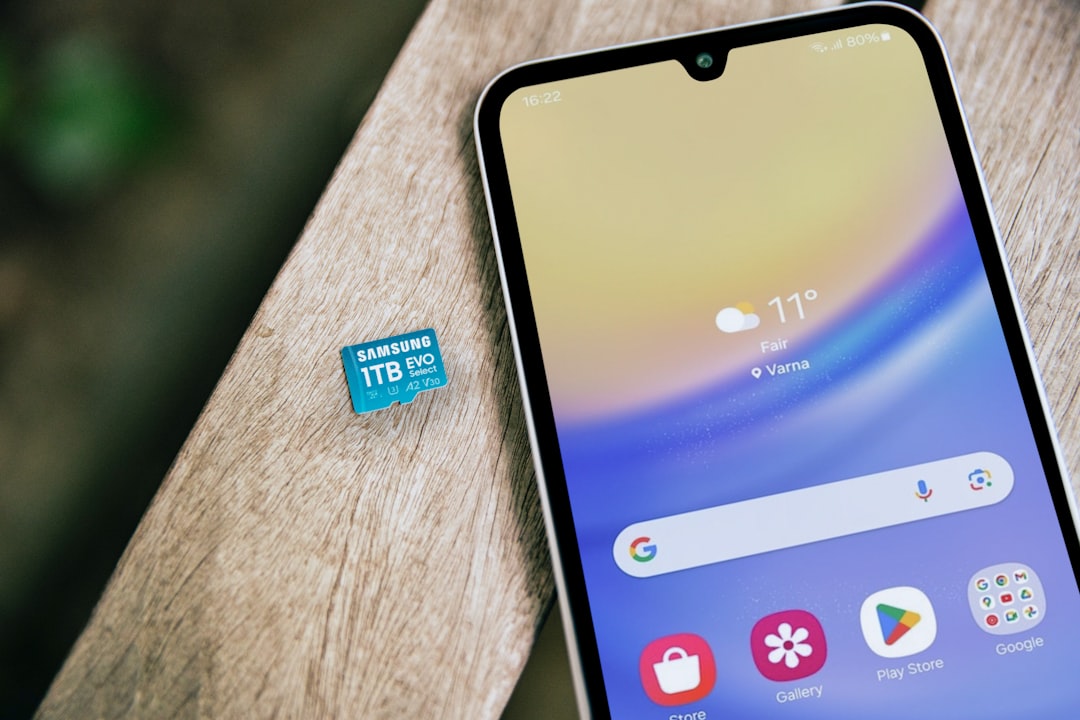Robocall regulations in San Antonio by 2025 align with federal guidelines from the TCPA, restricting automated marketing calls without explicit consent to protect residents' privacy. With a surge in unwanted promotional calls, stricter enforcement and consumer education are needed. San Antonians can defend against robocalls through the National Do Not Call Registry, call-blocking features, apps, and avoiding sharing personal info online.
In 2025, San Antonio residents faced a surge in robocalls, leading to a heightened focus on consumer protection. This article delves into the most common robocall violations plaguing the city and offers insights into navigating this noisy landscape. Understanding local regulations is key to empowering citizens against unwanted marketing calls. By exploring effective blocking methods and staying informed, San Antonians can reclaim their peace of mind from intrusive robocalls.
Understanding Robocall Regulations in San Antonio

In the ever-evolving digital landscape, San Antonio, like many cities, has had to adapt its regulations to address a pressing issue—robocalls. By 2025, with technological advancements and changing consumer behaviors, understanding and adhering to robocall regulations have become paramount for both businesses and residents alike. These rules aim to protect citizens from unwanted automated calls, ensuring their privacy and peace of mind.
San Antonio’s approach to regulating robocalls centers on the Telephone Consumer Protection Act (TCPA), a federal law designed to curb abusive practices. The TCPA restricts certain types of automated calls, including those made for marketing purposes, without prior express consent. Businesses must be vigilant in obtaining and documenting this consent, especially when targeting San Antonio residents. Failing to comply can result in significant fines, making it crucial for companies operating within the city to stay informed about these regulations to avoid legal pitfalls.
Top Violations: Unwanted Marketing Calls

In the bustling metropolis of San Antonio, navigating through the constant buzz of phone calls can be challenging, especially with the rise of robocalls. By 2025, these automated messages have become a significant source of frustration for many residents, leading to numerous complaints and violations. Among the top robocall offenses in San Antonio are unwanted marketing calls, which often invade personal time and space.
These promotional calls, often from telemarketers using automated systems, target consumers with pre-recorded messages promoting various products or services. Despite do-not-call lists and regulations, many residents still receive these relentless calls, prompting a wave of complaints to local authorities. The sheer volume of robocalls has underscored the need for stricter enforcement and more robust consumer protection measures in San Antonio, especially as these unwanted marketing calls can leave individuals feeling disturbed and invaded.
Consumer Protection: How to Stop Annoying Robocalls

In the age of digital communication, Robocalls have become a ubiquitous yet often annoying aspect of daily life in San Antonio. These automated calls, while legal for certain purposes like debt collection or marketing, can be a nuisance and even a source of fraud. To combat this, consumers in San Antonio have several options to protect themselves from unwanted robocalls.
One effective method is to register on the National Do Not Call Registry, which limits calls from telemarketers. Additionally, many phone service providers offer call-blocking features or Robocall protection plans. Smart phone users can also download applications designed to filter and block automated calls. Educating oneself about legitimate calls versus scams and being cautious about sharing personal information online are further preventive measures. By combining these strategies, San Antonio residents can substantially reduce the volume of unwanted robocalls they receive.






